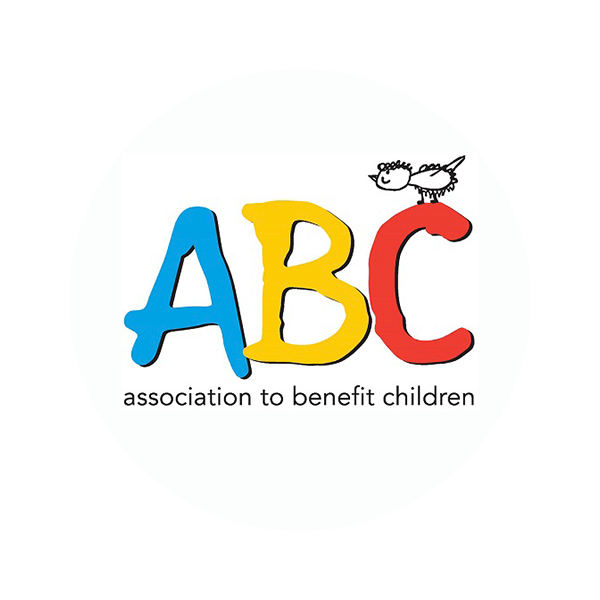Health insurance in New York State, like in the rest of the country, is confusing! This article will first walk you through key terminology and definitions, and then give resources to help you find a plan that works for you and your family, depending on your immigration status.
First, a general outline of American health care: it is a privatized system, which means you buy a plan from a competitive market of plans, and this plan allows you to pay less for medical services and emergencies. You can get coverage from your employer or privately, and it is also crucial to note that you do not need to be a US citizen or national to apply for insurance - this will be covered later in the article. Further, although some federal laws exist, health care is mostly state governed, so your options depend on where you live. This article is focused on New York State’s laws and regulations.
Insurance plans include the following figures, which vary by plan:
Premium: This is the monthly amount you will pay. Your monthly payment is combined with that of others to form a pool of money, which is what will finance medical services.
Deductible - This is how much you are required to pay out of pocket before insurance begins to cover services, so the lower the better. This amount resets every year and does not include flat rate fees which you pay for office visits nor your premiums.
Copay/Coinsurance: These begin once you have reached your deductible. This is the reduced amount you will pay out of pocket — not covered by insurance companies and paid by you — for medical services, while insurance covers the rest. A copay refers to the specific dollar amount you will pay for a service, while a coinsurance refers to a percentage of the bill that you will be responsible for.
Out of Pocket Maximum: This is the maximum you will pay out of pocket before insurance covers all of your costs. Like your deductible, the lower the better, and this amount also resets every year and does not include your premium.
Provider Network: This is a list of hospitals, doctors, and other services that are included in your insurance plan. If you stay inside of this network, insurance applies. If you go outside of this network, you must pay full prices out of pocket. In some plans, you can use a referral to see someone out of your network, and the size of the network further depends on the plan as well.
Formulary: This is a list of drugs and medicines that your plan will help you pay for, ranging from name brand to generic (which are often the same but have vastly different prices).
Click here for a great video which can also help to explain all of those terms!
While those terms are great to know, actually signing up for health care is the next step. Another important thing to note is that enrollment to health care plans exists only in a specific time period, and you must reapply yearly. The 2020 enrollment period is over - however, if you recently experienced a “life event” such as a birth in the family or loss of employment, see if you can still enroll here. 2021 enrollment is open until December 7, 2020, and the rest of this article will cover how to go about selecting a plan.
First, your employer may offer you and your family health insurance. If they don’t or if you are unemployed, you can privately go through your state’s marketplace to find the best plan for you and your family, equipped with the knowledge you now have. Second, there are ways to lower prices if you satisfy certain conditions. First, see if you are eligible for government-funded programs that offer health insurance at minimal or no cost, such as Medicaid and CHIP by going to this site, which is a part of New York’s Marketplace, and clicking “Get Started”. You may also be eligible for tax credits through the Affordable Health Care Act (ACA), also known as Obamacare. Check your eligibility and how much you can save under the ACA here.
If you are a US citizen or national, all of the previously mentioned resources are available to you. If you hold one of the immigration statuses found on this list, you are eligible to use Marketplace and Obamacare without affecting your citizenship eligibility. You can apply for and receive Medicaid, however, it can negatively affect your chances of citizenship unless you are pregnant or a child under the age of 21; more resources and information on this topic can be found here under “Medicaid, CHIP, and ‘public charge’ status”. Finally, if you do not qualify for any of these resources but someone in your family unit does, they can include you on their plan, regardless of your status. Further, your status does not need to be given and the choice to withhold your status cannot affect the eligibility for a plan.
More questions? Reach out to New York State’s Marketplace at 1-855-355-5777, or find a qualified expert here.
